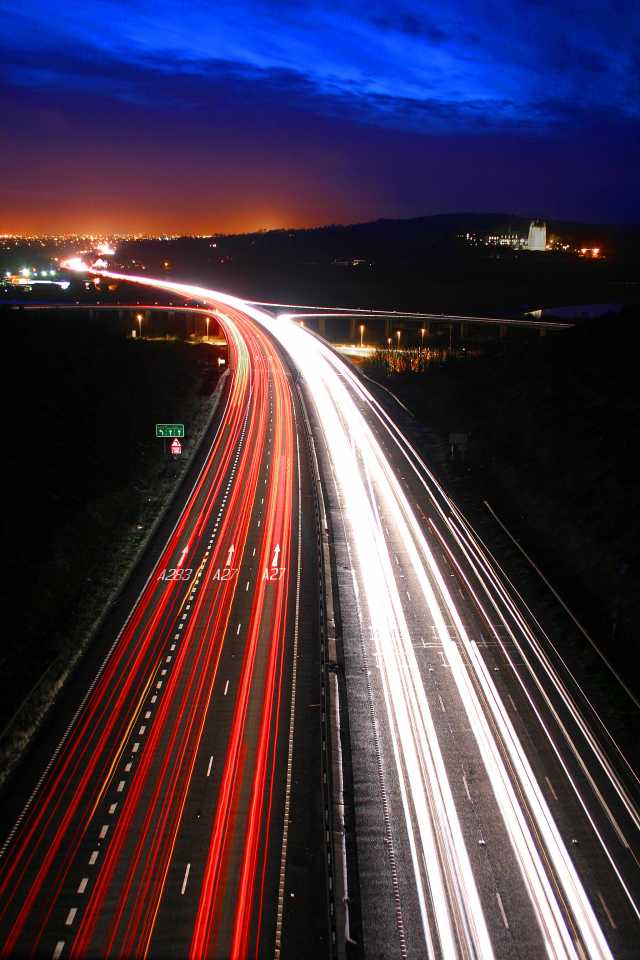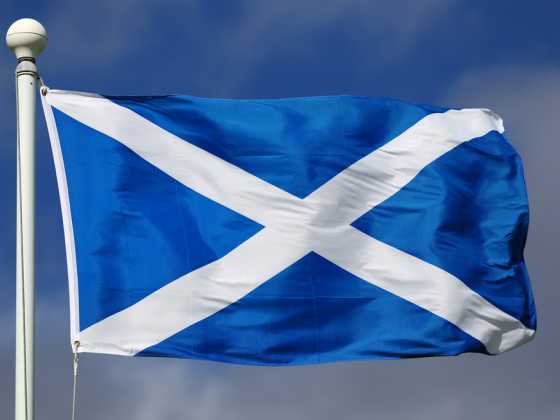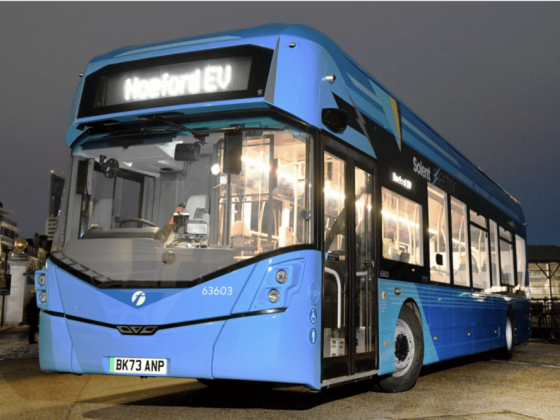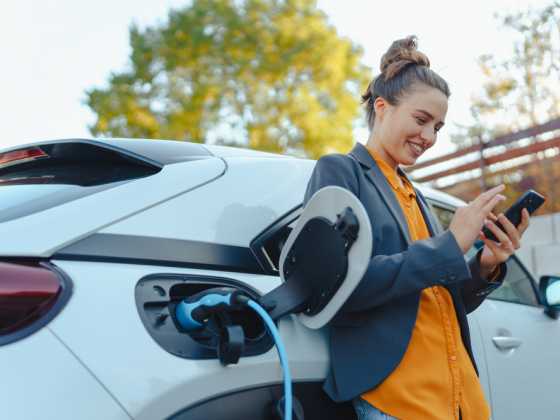Fuel duty freeze has resulted in extra harmful emissions, report finds

A report by Greener Journeys and former government transport advisor David Begg has suggested that the seven year fuel duty freeze has had unintended consequences for the environment.
It says that an extra 4.5 million tonnes of carbon dioxide emissions has been released due to people favouring cars over public transport thanks to the freeze on fuel duty.
The report says that as a direct result of the fuel duty freeze, prices at the pump are 13 per cent lower than they would otherwise have been, resulting in a four per cent increase in traffic since 2011 and a similar decrease in public transport use, equal to up to 60 million fewer rail journeys and 200 million fewer bus journeys.
This has triggered a major increase in carbon emissions as well as an additional 12,000 tonnes of NOx emissions and 816 tonnes of PM10 particles.
The report, The Unintended Consequences of Freezing Fuel Duty, warns that unless a new way to pay for road use is introduced, traffic on our roads will increase by an additional 30 per cent by 2035. This is on top of the 40 per cent growth in traffic already predicted by the Department for Transport, leading to an overall increase in traffic of 70 per cent.
Fuel duty has not increased since January 2011, when it was increased from 58.19p per litre to 58.95p per litre. It was cut by 1p per litre in the Budget two months later, and has since been frozen. The freeze in fuel duty has cost the Treasury approximately £7 billion in lost tax revenue.
Claire Haigh, the Chief Executive of Greener Journeys, said: “The price of fuel is one of the most politically divisive issues in the country. However, we know that diesel cars and vans are the biggest contributors to harmful NOx emissions, which are creating a public health emergency in the UK.
“If ever there was a moment for Government to be honest with the public and show leadership it’s now. We urgently need a shift from car to bus and other forms of sustainable transport if we are to tackle the UK’s air pollution crisis and reduce congestion on our roads.”



